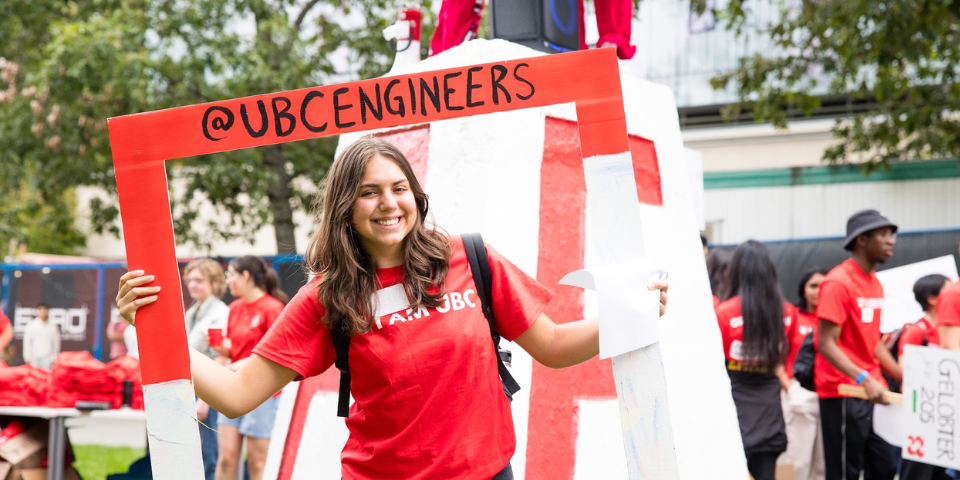
There are so many opportunities for a career in engineering in Canada. Employers across almost every industry, in both the public and private sectors, need engineers who can apply their knowledge to solve practical problems, innovate and make our world better.
Depending on different economic and technological trends, some areas of engineering may be more in demand than others. If you’re trying to decide what specialization you want to pursue, you’ll want to take into account your passions and interests, and you may want to consider career opportunities and salary expectations.

Top five areas of engineering
If you do a search of “best engineering jobs” or “top engineering jobs” you’ll find different perspectives. Agilus Work Solutions, a recruitment firm, uses government data from the Job Bank to identify the top engineering jobs by the numbers:
- Electrical engineers
- Chemical engineers
- Mechanical engineers
- Civil engineers
- Software/computer engineers
You may have noticed that these rankings are different! In fact, you’re likely to get a different list of “top fields” with each search result. Keep in mind that each list uses different criteria to measure what is considered a “top job” and that these kinds of (rather arbitrary!) rankings are going to fluctuate depending on economic and industry trends. most in-demand engineering careers
14 specializations to choose from
UBC Vancouver offers 14 specializations to choose from and UBC Okanagan offers five. Not sure what you want to study? No problem! You have the first-year foundation program to learn the fundamentals of engineering and explore your choices.
This means you can keep your options open and make an informed choice at the end of first year when you apply to the specific engineering program you want to pursue.
Read about the first-year advantage of UBC Engineering.
There are some engineering programs—like Engineering Physics and Integrated Engineering—that are more interdisciplinary and often entrepreneurial in nature. Graduates of these programs work in many different engineering areas, from more traditional disciplines to those at the cutting edge of new technological advances.
One other thing to keep in mind is that there are often different ways to enter different fields of engineering. So although UBC doesn’t offer an aerospace engineering specialization, you can gain the skills and experience to work in that area by pursuing a different specialization (like Materials Engineering, Mechanical Engineering or Engineering Physics).
By taking different electives and gaining experience through co-op and capstones, you can set yourself up to work in a specific field.
UBC Vancouver: 14 specializations UBC Okanagan: Five specializations

A top degree for top jobs
The important thing to keep in mind is that you can’t go wrong with engineering! It’s often thought of as one of the most versatile degrees because it offers such a well-rounded education and empowers students with in-demand skills in design thinking.
Engineers are also more likely to become CEOs than graduates of other degree programs.
Read our article on why engineers make great leaders.
And because it’s an undergraduate professional degree, you can start working in your field right after you graduate without having to pursue additional education. That alone definitely makes engineering a great choice for students who are eager to get to work!













